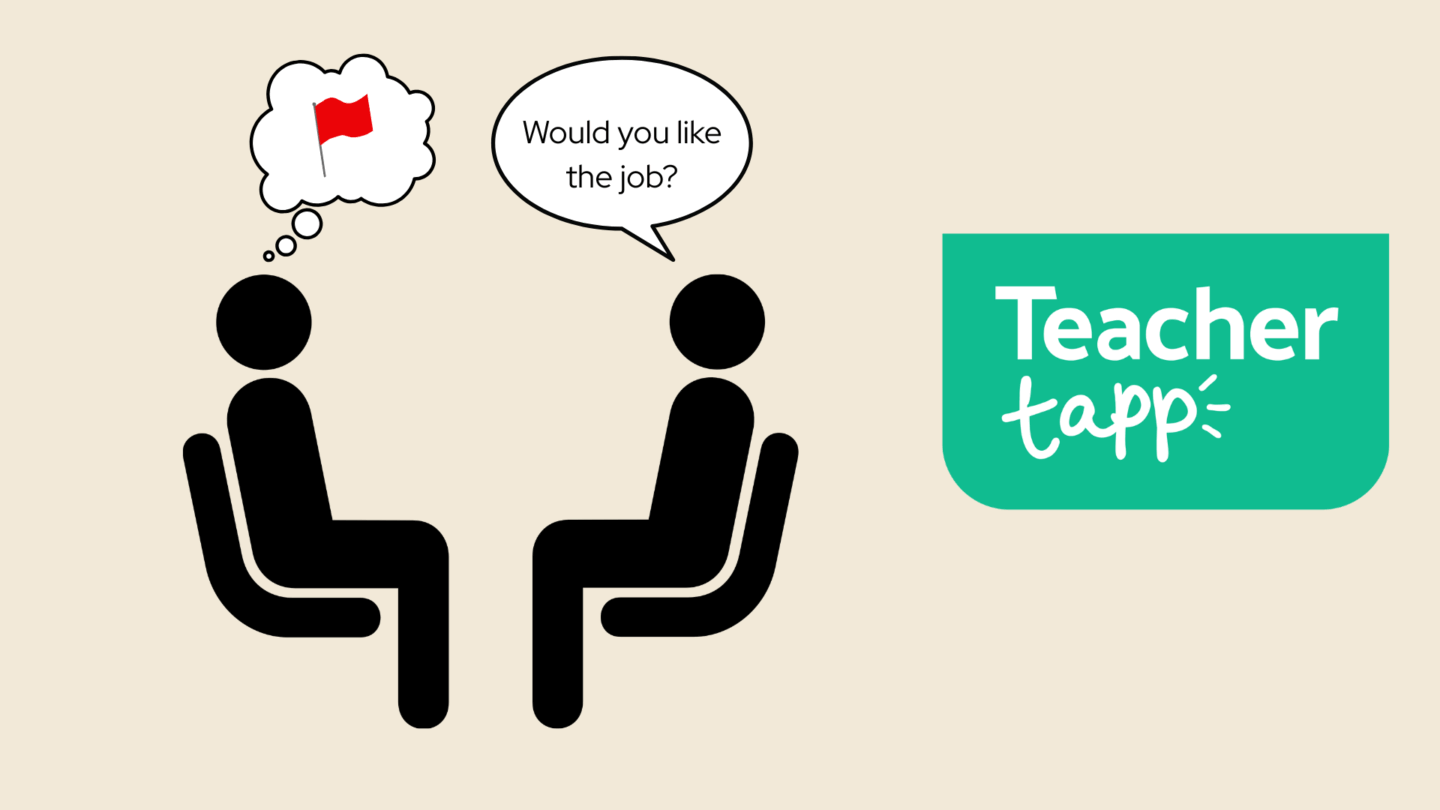But first…
Golden Ticket Update! 🎟️🎟️🎟️
We completed Prize Draw #1 (£750) last month. But it gets better. Prize #2 (£1500) is this Thursday.
For every 50 questions you’ve answered since October, you’ve received a Golden Ticket (you can check how many you have in the app, under ‘My Rewards’). You don’t need to do anything else to enter. Watch out on social media for the winning ticket on Thursday.
And remember, it gets even better. Prize Draw #3 (£3000!) is on Thursday 15th January. Just keep tapping to take part.
But before then, as we crawl towards Christmas, a wealth of findings for you…
Ripe for restoration
This week, we asked whether there was a bucket in your classroom or in the corridor immediately outside it. A small area, you might think. Yet 17% of teachers had a bucket catching leaks in their classroom.
We looked at this against when your school was built. Unsurprisingly, the were more buckets in the oldest schools: around 1 in 5 teachers in schools built before 1970 said there was a bucket in their classroom.
More surprisingly though, even teachers (and pupils) in the newest schools are suffering. In schools built since 2010, 1 in 10 teachers had a bucket in their classroom. What? Were these trendy architect-designed schools built without proper roofs? (Do tell us more!)
Then we asked what you most wanted fixed in the school. Despite all those leaky rooves, windows, heating and air con came up most:

Pay satisfaction
With strikes this month stopping trains, planes, automobiles (or at least, automobiling tests), not to mention stopping postal service, ambulance service, and school service (in Scotland, so far…) we thought we’d better check how you felt about your pay.
Overall, you were pretty evenly split: 44% satisfied, 48% unsatisfied. The remaining 7% were unsure, presumably waiting to see this month’s gas bill. (The awkward missing 1% are a combination of rounding and teachers saying ‘cannot answer’.)
But who is satisfied, and who’s dissatisfied?
- The higher your position in school (and so the higher your pay), the more satisfied you were. Headteachers are happiest, with 69% satisfied and just 25% unsatisfied. Whereas 40% of classroom teachers were satisfied, 51% dissatisified. This might imply that you become more satisfied with age, but interestingly…
- The most satisfied age group are teachers in their 30s (51% satisfied), while those in their 20s and 50s both lower (48% satisfied in their 20s, 43% satisfied in their 50s). Presumably there’s some sweet spot here, where teachers in their 30s have been promoted rapidly, but haven’t yet adopted spending habits to match, like having children or moving to big houses with ludicrous heating bills.
Short cuts: class size, detentions, and how to make a teacher un/happy
We had lots of interesting small findings to share briefly:
Class sizes
We asked how big your biggest class was. Teachers in fee-paying schools see smaller biggest classes: 42% of private school teachers have no class with more than 20 students, a luxury enjoyed by only 11% of teachers in schools serving the highest proportion of students receiving Free School Meals.
But there were big regional differences too. Only 30% of teachers in London have a biggest class with more than 30 students. In the South West, over half of teachers have a biggest class with more than 30 students!
Detentions, reports, and Ofsted ratings
We asked about detention and reports. We were curious to see how your responses compared to the Ofsted ratings of your schools.
- The lower the Ofsted rating, the more likely a teacher was to have given a detention out that day. In RI and inadequate schools, 7% of teachers gave out more than 5 detentions that day; in Outstanding schools, it was just 2%.
- In primary schools with higher Ofsted ratings, parents tend to receive more frequent reports. 44% of teachers in Outstanding primary schools reported twice a year or more frequently (3% are reporting five times a year or more!). In RI/inadequate primary schools, just 30% of teachers are reporting more frequently.
- [Time for a reminder that causation is not correlation…? Ed.]
How to make a teacher happy…
We asked how often you discuss and share teaching strategies with your colleagues. We compared this with how happy you told us you are with life at school overall. Teachers who discuss teaching more were more likely to say they were very content. For example, 23% of very content teachers discuss teaching once a week or more; whereas only 15% of very discontent teachers do so. We also found that talking about teaching was more common in outstanding schools (27% of teachers discuss teaching weekly or more frequently) than in RI/inadequate schools (22%). There are many reasons why this might be the case (for example, if behaviour is better, you feel happier, and feel more able to talk teaching). But we’ll echo Tim Brighouse. We think that talking teaching makes teachers happier and makes schools run better. [We really should be mentioning something about correlation and causation here, Ed.]
How to make a teacher unhappy?
“When are we ever going to need this in real life?” If we never hear this again, it will be too soon, but this week we set out to find out which subject teachers in secondary school hear this most? The result is what our Analytical Mastermind Iain has termed the ‘Reality’ Index. Maths teachers come of worst, whereas ‘Other’ teachers (including PE) are seen to be teaching the most obviously useful subjects…

Christmas is back!
‘Tis the season for us to check in on your preparations for Christmas. We were pleased to see that despite the colds, coughs and Covids, you were further ahead on Christmas planning than last year. On 5th December 2021, 41% of you had your Christmas decorations all complete. By 7th December this year, it was 50%.
Even more excitingly, Christmas was back on at school as well. In November 2020, just 3% of schools were able to plan to run a Nativity activity (Nativitivity?) and allow parents to attend in person. Last year, that figure was 41%. This year, Christmas is truly back, with a whopping 90% of schools holding in-person events.

And finally…
For our top blog post this week, it was great to see Alex Quigley getting into creativity, with: 10 creative ways to teach new vocab!
Other posts were:





